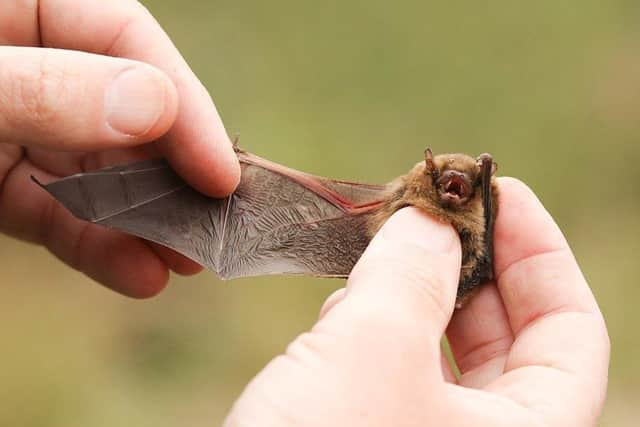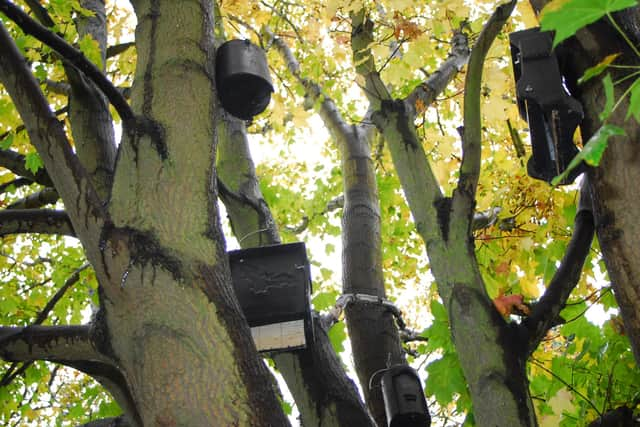Developer incorporates special homes for BATS into new housing sites across Milton Keynes
and live on Freeview channel 276
Barratt and David Wilson Homes are so keen to encourage the “often misunderstood creatures” that they are installing special bat boxes on its sites.
Bats make up more than a quarter of mammal species in the UK and there are over 1,400 species in total, according to the Bat Conservation Trust.
Advertisement
Hide AdAdvertisement
Hide AdJason Hearn, Sales Director at Barratt and David Wilson Homes South Midlands, said: “It’s important we provide homes for wildlife as well as people, and bats are certainly no exception - which is why many of our developments now have bat boxes installed to welcome our nocturnal neighbours."


He is hoping the bats will jump at the chance of a new habitat, which will in turn support the local ecosystem.
Barratt Homes is currently building bat-friendly properties in Brooklands, Eagles’ Rest, Woburn Downs and Fairfields in Milton Keynes.
But people in homes elsewhere can also give bats a boost by building their own boxes and planting a diversity of night-scented plants such as evening primrose, moonflower and honeysuckle to encourage the creatures to visit.
Advertisement
Hide AdAdvertisement
Hide AdA spokesman for the developers said: “Whilst bat boxes are available to purchase, it’s quite simple to build one to provide a homemade habitat for them.


"Bats, like people, don’t like draughts and prefer well insulated boxes where the temperature and humidity are consistent. A ‘bat ladder’ must be installed adjacent to an entrance of no more 15 to 20mm wide to prevent predators from entering.
“Any timber used should be rough sawn and untreated due to bats’ sensitivity to chemicals and, once installed, a bat box cannot be opened legally without a license.”
Artificial light should be avoided as bats love darkness.
"Artificial lighting on or nearby a bat roost can be detrimental in a number of ways including the delay or prevention of bats emerging from their roosts, which affects their foraging time,” said the spokesman.
Cats should be be away at night if possible, particularly from mid-June to the end of August, which is when bats will be looking after their babies.